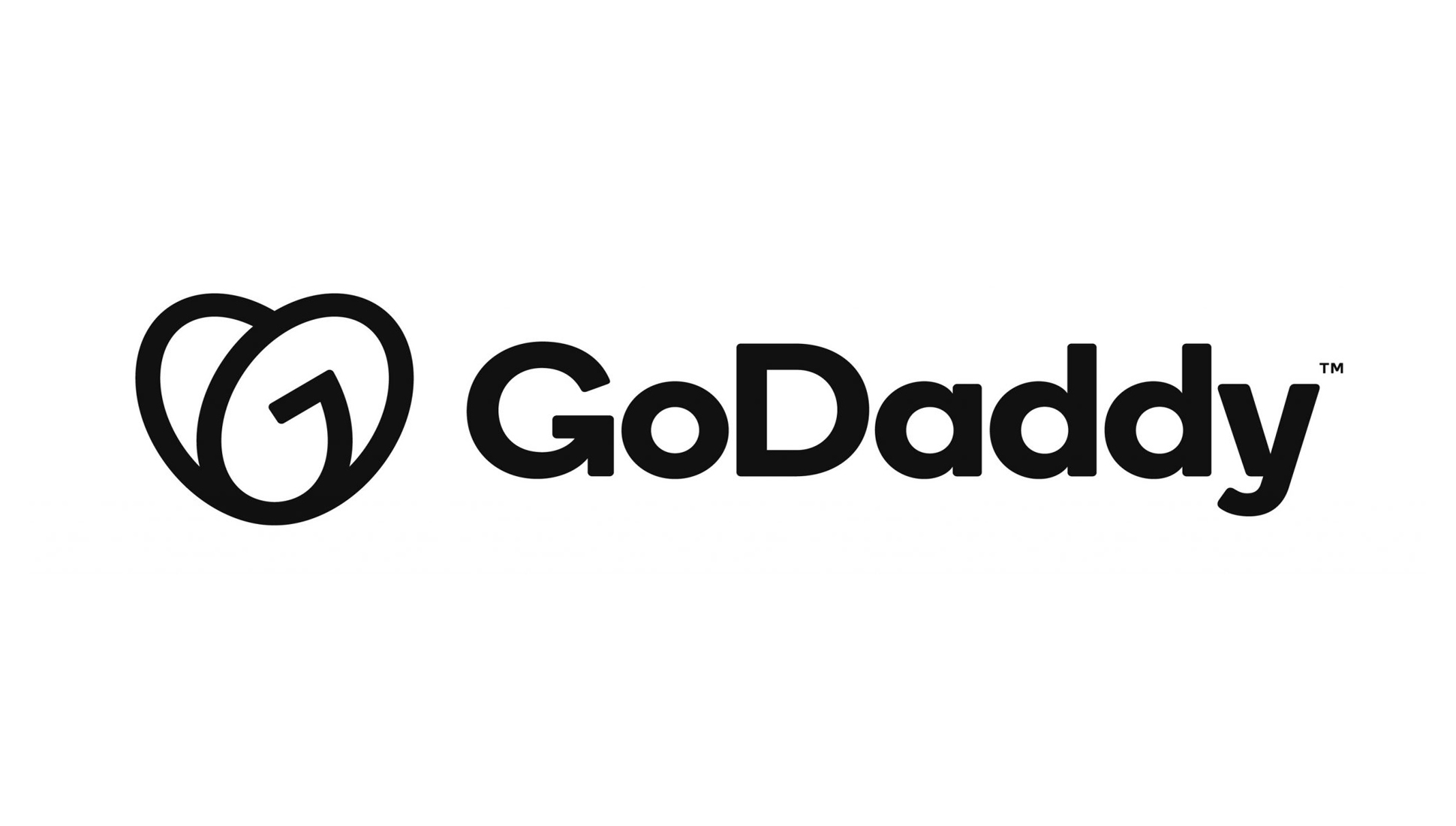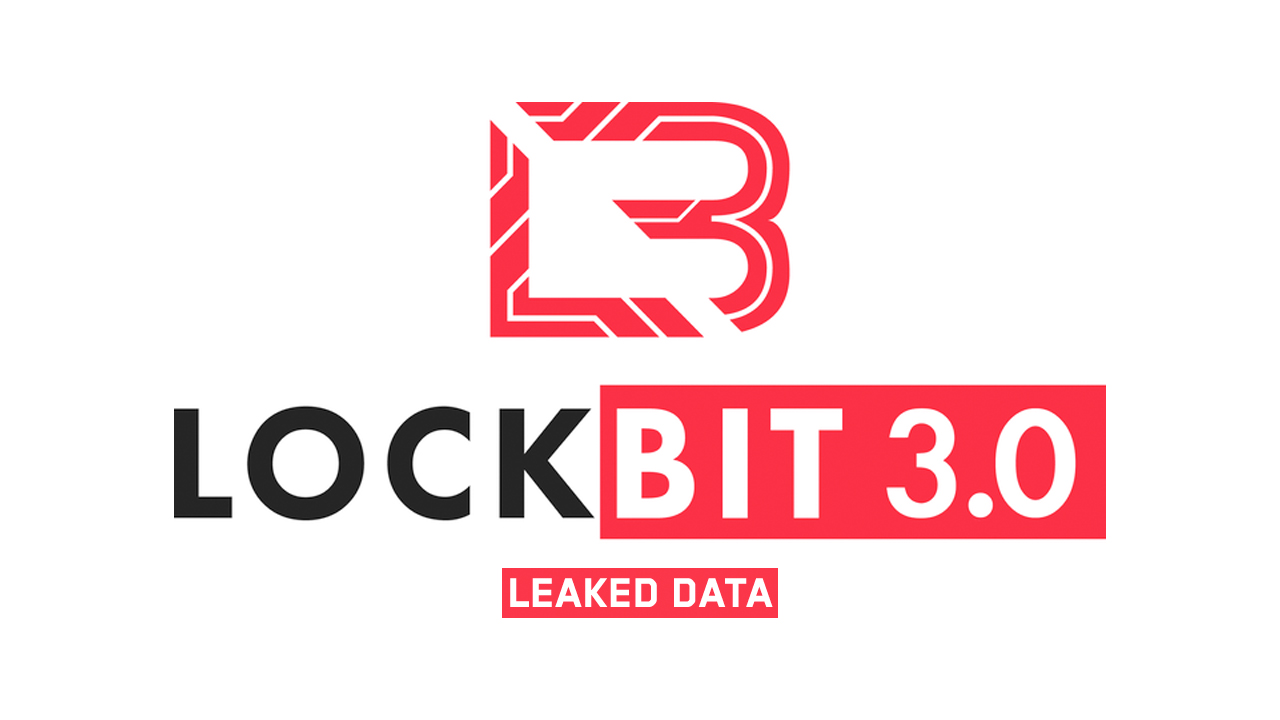Hackers leverage 26,000 WordPress websites in massive DDoS attack
Website owners urged to switch off Pingback function to prevent layer 7 hack


Hackers are abusing the 'pingback' function used in many WordPress websites to launch DDoS attacks against their victims.
In a blog post, IT security firm Suruci said that rather than hackers using DDoS to throw the websites offline by bombarding them with a huge number of packets, this type of attack was more precise, taking advantage of the pingback feature that generates a comment on a blog when someone else with pingback enabled links to it.
"Layer 7 attacks (also known as HTTP flood attacks) are a type [of] DDoS attack that disrupts your server by exhausting its resources at the application layer, instead of the network layer," said Daniel Cid, CTO at Sucuri.
"They do not require as many requests or as much bandwidth to cause damage; they are able to force a large consumption of memory and CPU on most PHP applications, CMSs and databases."
The firm said that hackers were using the technique in a new campaign that used a botnet comprising 26,000 WordPress websites. While it did not identify the victims, the company admitted this type of DDoS attack comprised 13 per cent of all DDoS against its clients.
Cid explained these websites were being used to generate a sustained rate of 10,000 to 11,000 HTTPS requests per second against one website.
"At some intervals, the attack would peak to almost 20,000 HTTPS requests per second. The attack started at 1pm (EST) and by midnight it was still ongoing," he said.
Get the ITPro daily newsletter
Sign up today and you will receive a free copy of our Future Focus 2025 report - the leading guidance on AI, cybersecurity and other IT challenges as per 700+ senior executives
"Very few servers would be able to handle such a load, even with proxies and load balancers configured. Especially when talking about HTTPS requests which tend to use more CPU to establish the SSL session."
Such attacks accounted for around 13 per cent of all DDoS attacks the firm tracked for clients, according to Cid.
He added that while WordPress now logged the attacker IP address on newer releases, he was still recommending that WordPress websites disable pingbacks.
"It won't protect you from being attacked, but will stop your site from attacking others," he said.
Rene Millman is a freelance writer and broadcaster who covers cybersecurity, AI, IoT, and the cloud. He also works as a contributing analyst at GigaOm and has previously worked as an analyst for Gartner covering the infrastructure market. He has made numerous television appearances to give his views and expertise on technology trends and companies that affect and shape our lives. You can follow Rene Millman on Twitter.
-
 Should AI PCs be part of your next hardware refresh?
Should AI PCs be part of your next hardware refresh?AI PCs are fast becoming a business staple and a surefire way to future-proof your business
By Bobby Hellard Published
-
 Westcon-Comstor and Vectra AI launch brace of new channel initiatives
Westcon-Comstor and Vectra AI launch brace of new channel initiativesNews Westcon-Comstor and Vectra AI have announced the launch of two new channel growth initiatives focused on the managed security service provider (MSSP) space and AWS Marketplace.
By Daniel Todd Published
-
 UK crime fighters wrangle “several thousand” potential cyber criminals in DDoS-for-hire honeypot
UK crime fighters wrangle “several thousand” potential cyber criminals in DDoS-for-hire honeypotNews The sting follows a recent crackdown on DDoS-for-hire services globally
By Ross Kelly Published
-
 US begins seizure of 48 DDoS-for-hire services following global investigation
US begins seizure of 48 DDoS-for-hire services following global investigationNews Six people have been arrested who allegedly oversaw computer attacks launched using booters
By Zach Marzouk Published
-
 Will triple extortion ransomware truly take off?
Will triple extortion ransomware truly take off?In-depth Operators are now launching attacks with three extortion layers, but there are limitations to this model
By Connor Jones Published
-
 GoDaddy web hosting review
GoDaddy web hosting reviewReviews GoDaddy web hosting is backed by competitive prices and a beginner-friendly dashboard, and while popular, beware of hidden prices
By Daniel Blechynden Published
-
 Japan investigates potential Russian Killnet cyber attacks
Japan investigates potential Russian Killnet cyber attacksNews The hacker group has said it’s revolting against the country’s militarism and that it’s “kicking the samurai”
By Zach Marzouk Published
-
 LockBit hacking group to be 'more aggressive' after falling victim to large-scale DDoS attack
LockBit hacking group to be 'more aggressive' after falling victim to large-scale DDoS attackNews The ransomware group is currently embroiled in a battle after it leaked data belonging to cyber security company Entrust
By Connor Jones Published
-
 Record for the largest ever HTTPS DDoS attack smashed once again
Record for the largest ever HTTPS DDoS attack smashed once againNews The DDoS attack lasted 69 minutes and surpassed the previous record of 26 million RPS
By Praharsha Anand Published
-
 Cloudflare unveils new One Partner Program with zero trust at its core
Cloudflare unveils new One Partner Program with zero trust at its coreNews Cloudflare CEO Matthew Prince says the initiative aims to take the complexity out of zero trust architecture
By Daniel Todd Published